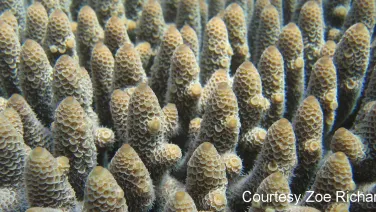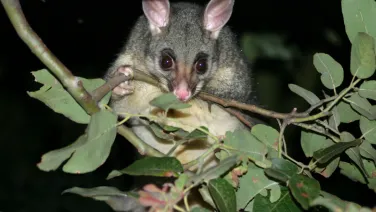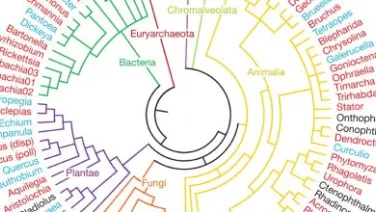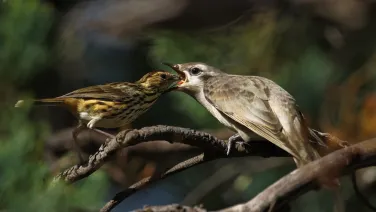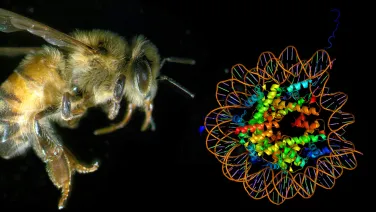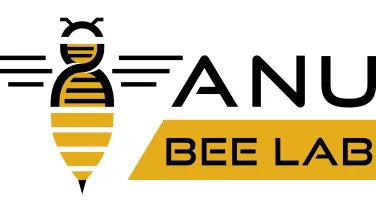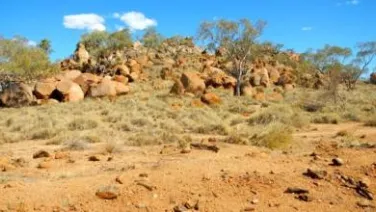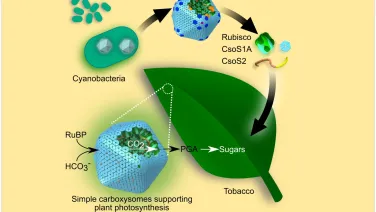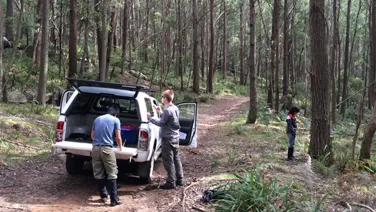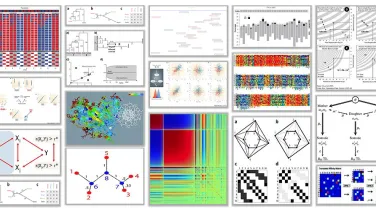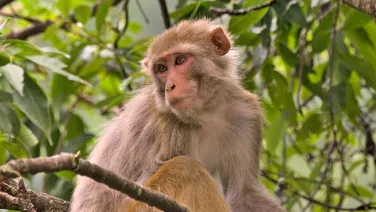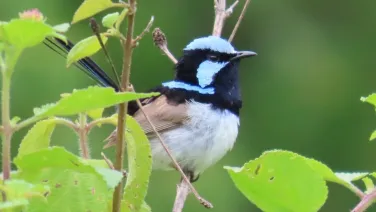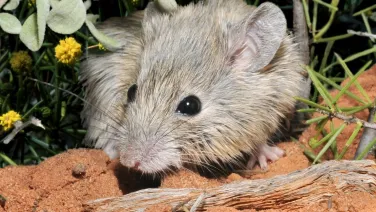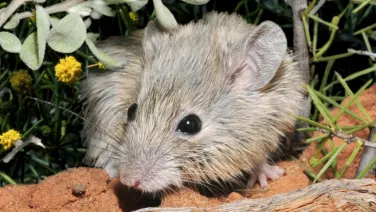
Evolutionary genetics and genomics
Genetics research at ANU explores phenotype variation, development, epigenetics, and plant-animal interactions, with a strong focus on chromosome evolution and large-scale sequencing in plants and animals.
About
New methods in genetics and genomics have allowed a rapid expansion of research into the basis of variations in phenotype, development and the epigenetic variations induced by diet and other lifetime experiences. Genetics research in the Research School of Biology spans plants and animals and model and non-model organisms. We have a strong reputation in epigenetics, chromosome evolution, developmental biology and in plant-animal interactions and are well equipped in large scale sequencing facilities.


